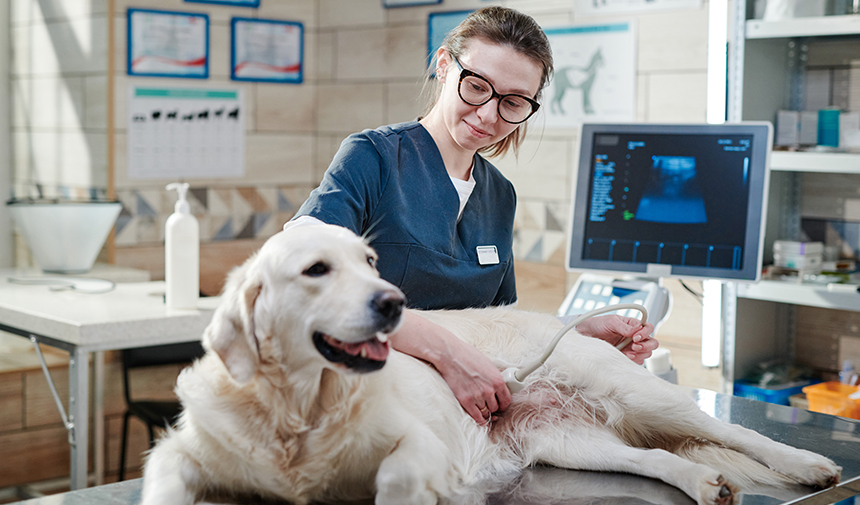The field of veterinary medicine is undergoing a significant transformation with the rapid development of technology. Digital health records and tele-medicine applications are increasing the efficiency and accessibility of veterinary services, with positive impacts on animal health and welfare. These innovations modernize veterinary practice and offer great convenience to animal owners and veterinarians.
The Importance of Digital Health Records
Digital health records have revolutionized veterinary services. Replacing traditional paper-based records, these digital systems make the health history of animals more organized and accessible. These records allow veterinarians to quickly and easily track disease history, vaccinations given, treatments administered and the overall health status of the animal.
Digital health records also facilitate data sharing between veterinary clinics and hospitals. This way, they can be informed about the treatments an animal has received at different clinics and create more effective treatment plans based on this information. Also, in emergency situations, veterinarians can quickly access the animal’s health history and perform the most appropriate intervention.
The Rise of Tele-Medicine Applications
Tele-medicine is another important technological innovation that is becoming increasingly common in veterinary services. Tele-medicine applications allow animal owners to communicate with veterinarians remotely to receive advice. This is a great advantage, especially for animal owners who live in rural areas or have difficulty physically traveling to veterinary clinics.
Tele-medicine offers a wide range of services, from routine check-ups to emergency assessments. Over video calls or over the phone, vets can advise animal owners, diagnose simple health problems and prescribe medication where necessary. This saves time and provides easier access to veterinary services for animal owners.
Impacts of Technology on Veterinary Practice
Technological innovations improve the quality and efficiency of veterinary practice. Digital health records and tele-medicine applications reduce veterinarians’ workload, allowing them to serve more animals. At the same time, these technologies make it easier for animal owners to make informed decisions and help them better manage animal health.
Digital health records allow veterinarians to diagnose diseases earlier and intervene faster. This speeds up treatment processes, allowing animals to recover sooner. In addition, digital systems enable veterinary clinics to run more efficiently, reducing operational costs and improving service quality.
Tele-medicine applications enable veterinarians to reach a wider patient base by overcoming geographical barriers. Especially during the pandemic period, tele-medicine services have gained great importance and provided animal owners with uninterrupted access to veterinary services. These applications will remain an integral part of veterinary services in the future.
Education and Awareness
In order to use technology effectively in veterinary medicine, it is important to raise awareness of veterinarians and animal owners about these innovations. Veterinarians should be trained in digital health records and tele-medicine applications and learn how to use these systems effectively. Likewise, animal owners should be informed about the advantages of these technologies and how to use them.
Veterinary schools and professional training programs should include these technologies in their curricula. Veterinary students should learn how to use digital health records and tele-medicine applications and understand how to integrate these technologies in veterinary practice. In addition, continuing education programs should ensure that current veterinarians are up to date on these innovations.
Future Prospects
The use of technology in veterinary medicine will become even more widespread in the future. Advanced technologies such as artificial intelligence, big data analytics and the internet of things will further improve the quality and efficiency of veterinary services. In particular, AI-powered diagnostic systems will help diagnose diseases earlier and more accurately and optimize treatment processes.
In addition, mobile health apps and wearable technologies will enable continuous monitoring of animals’ health status and provide instant information to veterinarians through early warning systems. In this way, animals’ health problems can be detected before they occur and preventive measures can be taken.



